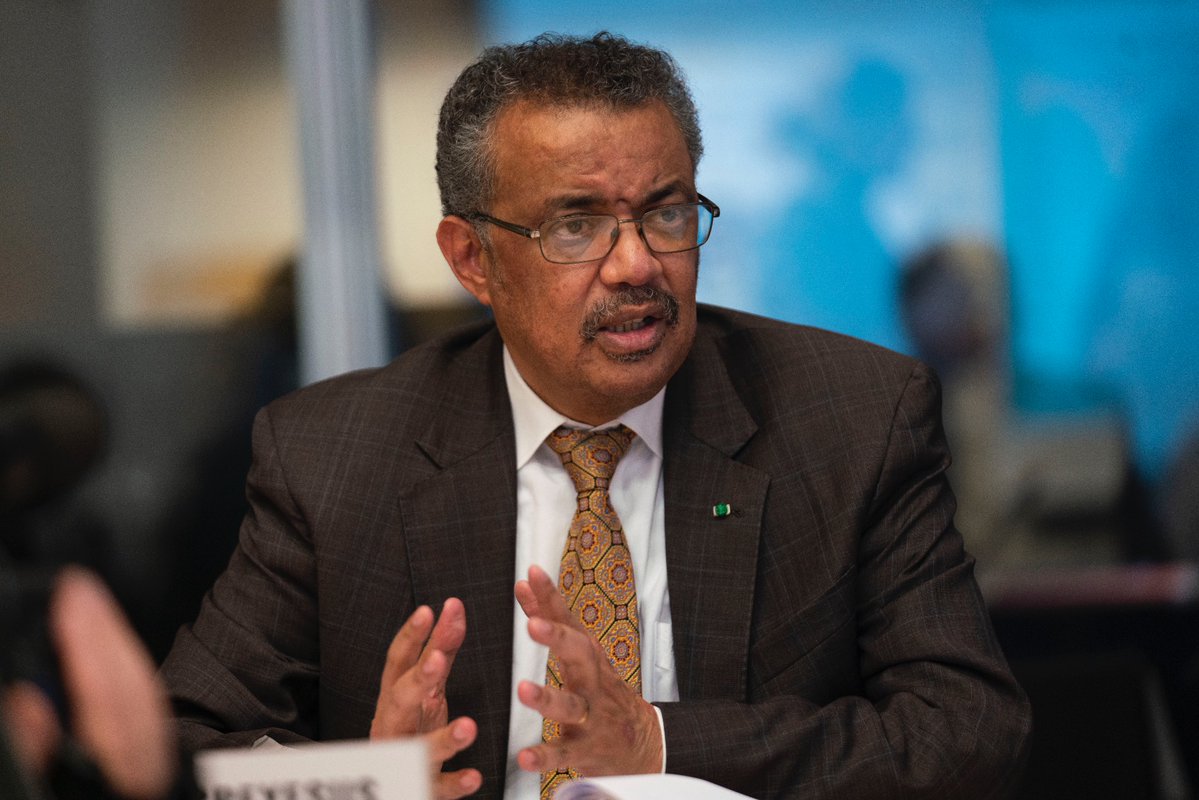The World Health Organisation (WHO) has declared that the Wuhan coronavirus outbreak is a Public Health Emergency of International Concern (PHEIC) - in other words, an international emergency.
Concern about countries with weaker health systems
WHO director-general Dr Tedros Adhanom Ghebreyesus announced the decision in a news conference in Geneva, Switzerland amidst increasing evidence of the outbreak spreading to at least 18 countries and human-to-human transmission of the virus.
"The main reason for this declaration is not because of what is happening in China, but because of what is happening in other countries."
“Our greatest concern is the potential for the virus to spread to countries with weaker health systems, and which are ill-prepared to deal with it," Tedros added.
This decision comes after a second meeting with the Emergency Committee.
In a statement by the WHO on Jan. 30, the Committee previously did not declare the outbreak as an emergency during its previous meetings on the coronavirus outbreak, despite the members agreeing with the "urgency of the situation".
However, a second meeting was convened in view of "significant increases in numbers of cases" and "additional countries reporting confirmed cases".
Non-binding recommendations
While the WHO will push for temporary recommendations which address travel and trade, along with measures such as quarantine, screening and treatment, these are non-binding.
The Committee also does not recommend any travel or trade restriction based on the current information available.
The WHO can "hold countries to account when they needlessly exceed these global standards", Chair of the Emergency Committee Professor Didier Houssin said.
"This is critical to ensuring the international response is evidence-based, measured and balanced to protect human health in ways that are neither over-reactive nor under-reactive."
Houssin added that the declaration is done "in the spirit of support and appreciation for China, its people and the actions China has taken on the frontlines of this outbreak, with transparency".
What does being a global health emergency mean?
A PHEIC is defined by the International Health Regulations (2005) as an "extraordinary event" which is determined to:
- constitute a public health risk to other countries and states via the spread of disease internationally
- potentially require a coordinated international response.
This implies a situation that affects public health globally beyond the affected country or state, and requires immediate international action.
This has only been used six times, Time reported.
Previous PHEICs include the Zika virus in 2016 and Ebola in 2019.
Top image via WHO's official Twitter
If you like what you read, follow us on Facebook, Instagram, Twitter and Telegram to get the latest updates.
